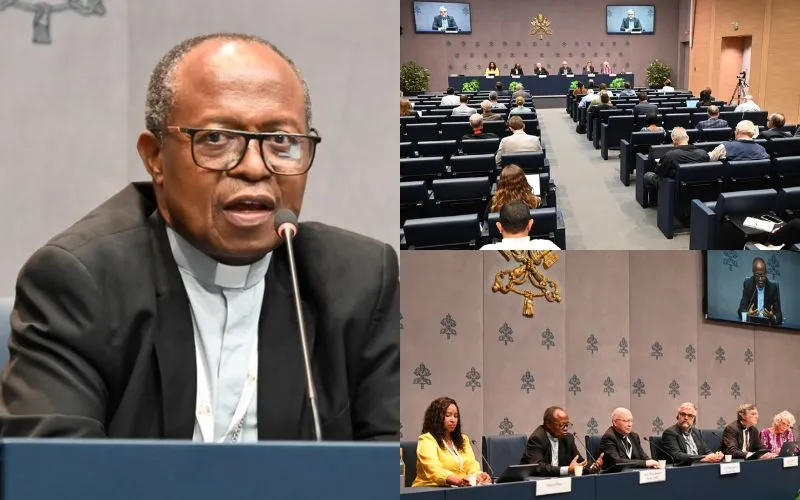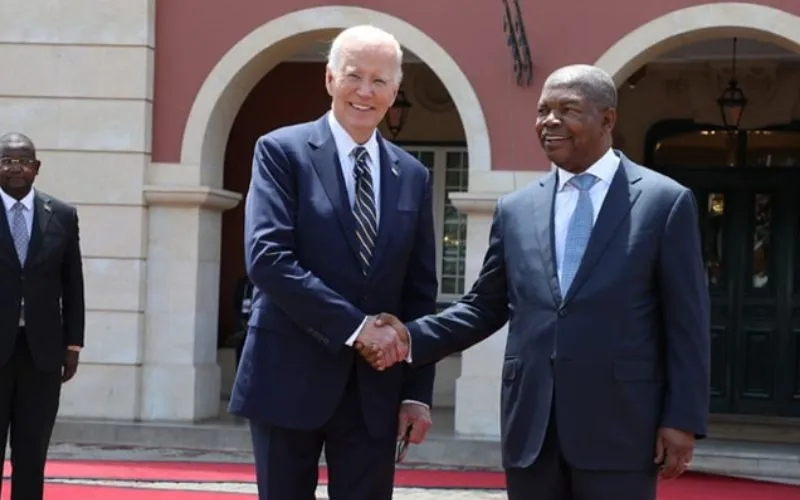Vatican, 10 October, 2024 / 10:50 pm (ACI Africa).
The ongoing second session of the multi-year Synod on Synodality can facilitate the provision of some knowledge of the actual situation of the embattled Cabo Delgado, Mozambique’s Northernmost Province, where a protracted insurgency has taken a toll on human life and livelihoods, a Catholic Archbishop from the Southern African nation has said.
Addressing journalists in Rome during a press briefing on Wednesday, October 8, Archbishop Inácio Saúre of the Catholic Archdiocese of Nampula underscored the importance of a global awareness about the situation in Cabo Delgado.
“I think the first thing the Synod can provide, and I believe it has the possibility to do so, is knowledge of reality. Because, in fact, this war began in October 2017, initially with great force, with attacks on major towns,” Archbishop Saúre said.
The Mozambican Catholic Archbishop added, “Now, it seems to have slowed down, as there are no longer strong attacks on towns, only smaller ones in villages, which are barely reported. But unfortunately, the suffering caused by this war remains very present.”
The Catholic Archbishop went on to lament that since 2017, the violence has “claimed over 5,000 lives and displaced nearly one million people some within Cabo Delgado and others in neighboring provinces, such as Nampula, where I am Archbishop, and Niassa.”





